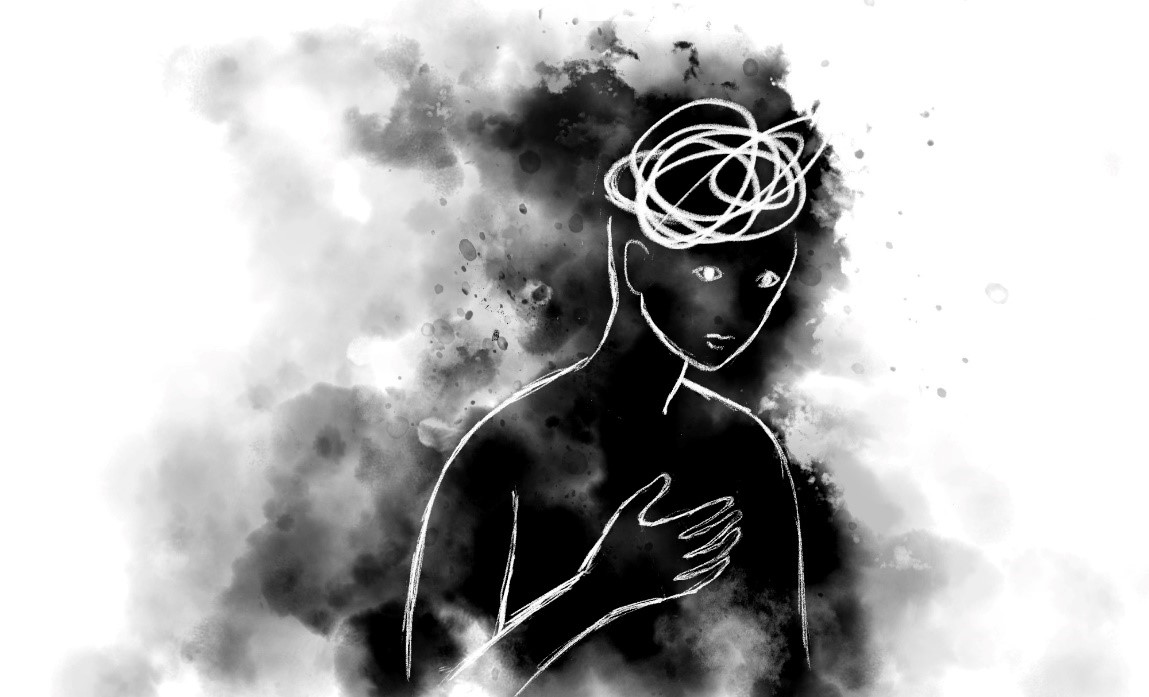What is a trigger?
A trigger is a person, place, thing, or situation that causes an intense emotional response to someone. Emotional triggers can be caused by many things like trauma, sensory issues, fear, negative memories, mental health, relationships, stress, etc. Most triggers are unfortunately seen by ignorant people as overreactions and sometimes they’re right, but most of the time they are real triggers, even if the emotional responses seem to be subtle. The most common cause of triggers is PTSD and traumatic experiences, and when someone who’s triggers are caused by this get triggered by something, it almost feels as if they’re reliving their traumatic experiences.
There are many different triggers that people can have, but every trigger has one thing in common: they’re unexpected. For example, two people could be in an argument with and one person says or does something out of pocket in the heat of the moment that triggers the other person.
Some Cause & Effect Scenarios of Triggers:
– A young adult who grew up in a neglectful and verbally abusive household grows an attachment to one of her friends who give her a lot of attention, but an argument spirals out and her friend begins yelling at her which causes her to lash out and cry uncontrollably.
– A teenager who survived an active school shooting last month watches a tv show with his friends at a sleepover and one of the characters pull out a gun, bringing back a sense of unsafety in his head and causing him to have a panic attack.
– A single parent who was fired from their last job for missing a lot of important things due to several overwhelming family emergencies gets hired at a new company and becomes a workaholic in the fear of getting fired again, causing the parent to neglect their family without realizing.
– A military veteran who has PTSD from his experiences of fighting in the war brings his kids to watch the fireworks on the 4th of July, but the loud noises and flashing lights from the fireworks causes him to get overwhelming flashbacks and he collapses on the ground.
How can I help someone who’s been emotionally triggered?
First, recognize the clues and symptoms. Ask yourself some questions: Do you know anything about their history? What is happening or has happened that could be a potential trigger? How are they acting right now? Some symptoms that can be visibly noticed are looking unsure, panicked, or distressed, body language (clenching fists, arms wrapped around self, trembling and unbalanced, etc.), sudden avoidance, withdrawal, and/or isolation, delayed outburst of anger or sadness, sweating, difficulty breathing, panic attacks, acting out and/or saying things out of the ordinary or without thinking, and severe loss of focusing on any current tasks.
If you are in a good position to be able to help them, please do so. Go up to them timidly so you don’t startle them or make their mental state worse and make sure to talk in a soft voice. Ask them if they are okay and if there’s any way you can help them calm down. Something very crucial however: If they need space, GIVE THEM SPACE. If you ask them if they want to talk about what’s upsetting them and they say no, DO NOT PRESSURE THEM. Putting pressure on them will stress them out more. If a situation like this happens in school, it’s recommended to get a teacher or a counselor for help. Giving the triggered person a fidget or having them do an activity they enjoy like drawing or listening to music will also help, along with trying not to make physical contact with the person unless they ask for something like a hug.
Make sure the triggered person isn’t left alone, even if there’s only one person with them, preferably a responsible adult in case things escalate. If things have gotten worse and the triggered person hasn’t seemed to calm down, call for extra help and, if possible, do a mental crisis evaluation. Crisis evaluations have saved many from harming themselves after severe trigger events and have gotten them the help they need. This is very important when it comes to helping someone with/without mental struggles who have been emotionally triggered.

